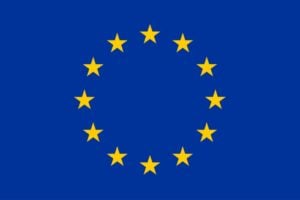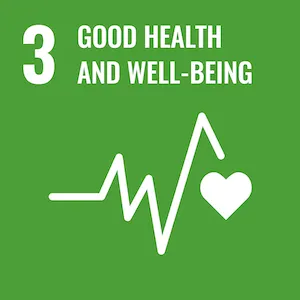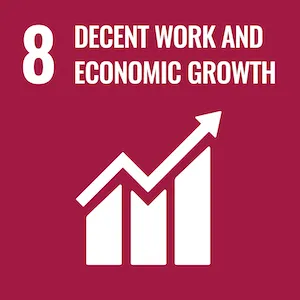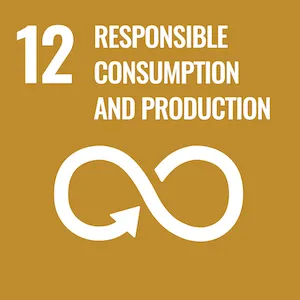PLASTICHEAL
Innovative tools to study the impact and mode of action of micro and nanoplastics on human health:towards a knowledge base for risk assessment
Objectives
EU funded project PLASTICHEAL aims at developing innovative tools to study the impact and mode of action of micro and nanoplastics on human health.
The main objectives of PLASTICHEAL are:
- To provide legislators with data, methodologies, experimental models and biological endpoints of effect for risk assessment and decision-making, by filling current knowledge gaps in terms of MNPLs hazard to human health. Furthermore, to perform a pilot exposure and risk assessment for a selected number of MNPLs highly present in the environment.
- To develop new more comprehensive methodologies, experimental models and biological endpoints of effect able to provide a more solid understanding of the complex interplay between MNPLs modes of action and adverse outcome pathways in humans. This is aimed at supporting regulatory decision-making and have a potential to take on a more prominent role in future frameworks.
Description
Humans are exposed to incidental micro and nanoplastics (MNPLs) due to their ubiquitous presence in the environment, but there is only very limited information on the potential impact of this exposure on human health. The current regulatory framework cannot ensure that incidental MNPLs present in the air, and in food and beverage products are at safe levels for the population.
PLASTICHEAL project will develop new methodologies and reliable scientific evidence for regulators to set the knowledge basis for adequate risk assessment of MNPLs.
This project has received funding from the European Union’s Horizon 2020 research and innovation programme under grant agreement No. 965196




